But what about salt. Sea salt and table salt contain comparable amounts of sodium by weight.
 Why Is Too Much Salt Bad For You Youtube
Why Is Too Much Salt Bad For You Youtube
You may have heard that it has been linked to heart disease and high blood pressure.

Is salt bad for you. And if you like to add it to every meal this can be a bit worrying. You need sodium salt to carry out many bodily functions however excessive consumption of sodium can increase the risk of certain health problems. OK so you probably already know that eating a lot of sugar is bad for you especially processed sugar.
Experts and researchers stress that eating too much salt makes it harder for your kidneys to remove fluid and excess fluid buildup can increase blood pressure. Over time this stiffens and narrows. Salt has definitely had a bit of a bad reputation in the past.
In fact according to leading cardiovascular research scientist Dr. Many people living in the US. James DiNicolantonio Salt may be one solution torather than a cause ofour nations chronic disease crises.
The extra fluids water down the amount of sodium in the blood. Salt is harvested in two main ways. Another large review with 268718 participants found that those with a high salt intake had a 68 higher risk of stomach cancer than those with a low salt intake.
The American Heart Association recommends people limit daily consumption to 1500 milligrams. A diet high in salt or sodium can cause raised blood pressure which can increase your risk of heart disease and stroke. Why Is Salt Bad for You.
No salt is not bad for you and avoiding salt can actually be a huge mistake. According to Dr Patel not a lot would happen if you cut out table salt or seasoning food with salt yourself as its very easy to hit your necessary intake of 500mg of sodium from eating a. Eating too much salt has long been considered dangerous because excess sodium a component of salt can raise your blood pressurewhich in.
Basically the message was salt kills slugs and it can harm you too. People named Sid freaked out. In general salt can help you maintain adequate hydration and blood pressure levels.
The Salt Industry freaked out. And a number of other industrialized countries tend to consume lots of sodium and salt each day which is found in especially high amounts in packaged frozen canned and restaurant-prepared foods. Eating excess salt makes you thirsty leading you to crave fluids.
High amounts can prevent growth of the bacteria that cause food to go bad. Since sodium plays a vital role in fluid balance not getting enough of it. Sea salt and table salt have the same basic nutritional value despite the fact that sea salt is often promoted as being healthier.
This is Sid the Slug the mascot in the 2004 ad campaign in the UK. I loved it and wish they the Food Standards Agency the FDA of the UK would bring it. 25 2003 -- If you have high blood pressure youve probably been told to reduce the salt in your diet but new findings are challenging the idea that sodium is a major culprit in promoting.
High blood pressure often has no symptoms and many people who have high blood pressure do not know it. Whichever type of salt you enjoy do so in moderation. In turn blood volume and as a result blood pressure increases until the excess sodium and water can be excreted in urine.
The simple answer. From salt mines and by evaporating sea water or other mineral-rich water. For tips on how to cut down on salt read Tips for a lower-salt diet.
 Why Is Salt Bad For You Bestmedicine By Renown Health
Why Is Salt Bad For You Bestmedicine By Renown Health
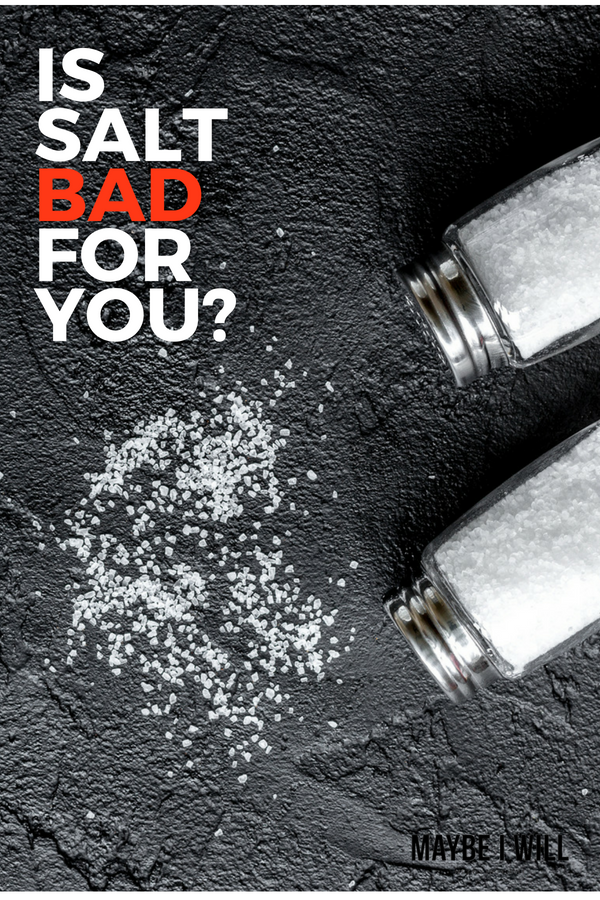 Is Salt Bad For You Maybe I Will
Is Salt Bad For You Maybe I Will
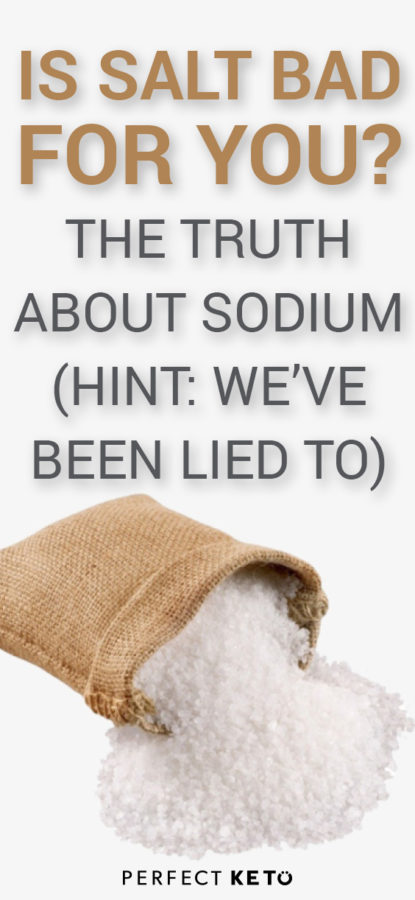 Is Salt Bad For You The Truth About Sodium Hint We Ve Been Lied To
Is Salt Bad For You The Truth About Sodium Hint We Ve Been Lied To
 Why Is Too Much Salt Bad For You
Why Is Too Much Salt Bad For You
 7 Reasons Why Too Much Salt Is Bad For You Medi Connect India
7 Reasons Why Too Much Salt Is Bad For You Medi Connect India
 How Too Much Salt Is Bad For You Infographic Health What Happened To You Ate Too Much
How Too Much Salt Is Bad For You Infographic Health What Happened To You Ate Too Much
 Why Is Salt So Bad For You Anyway Youtube
Why Is Salt So Bad For You Anyway Youtube
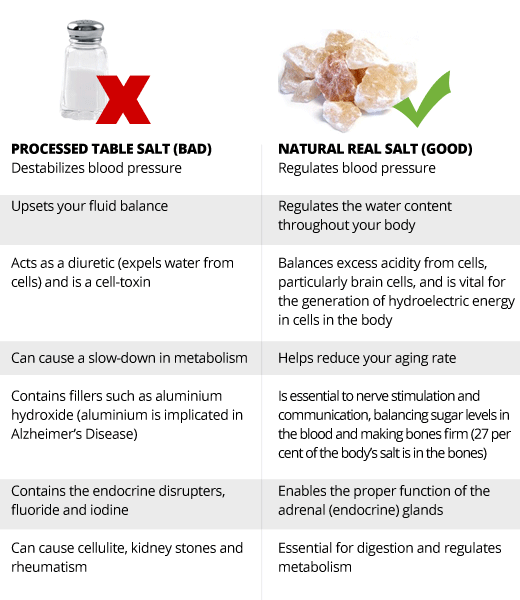 Shaking Up The Salt Debate Food Matters
Shaking Up The Salt Debate Food Matters
 Is Salt Bad For You Here S The Surprising Truth
Is Salt Bad For You Here S The Surprising Truth
 Salt Is Bad For You But How It Affects Your Body Is Still Frontier Science
Salt Is Bad For You But How It Affects Your Body Is Still Frontier Science
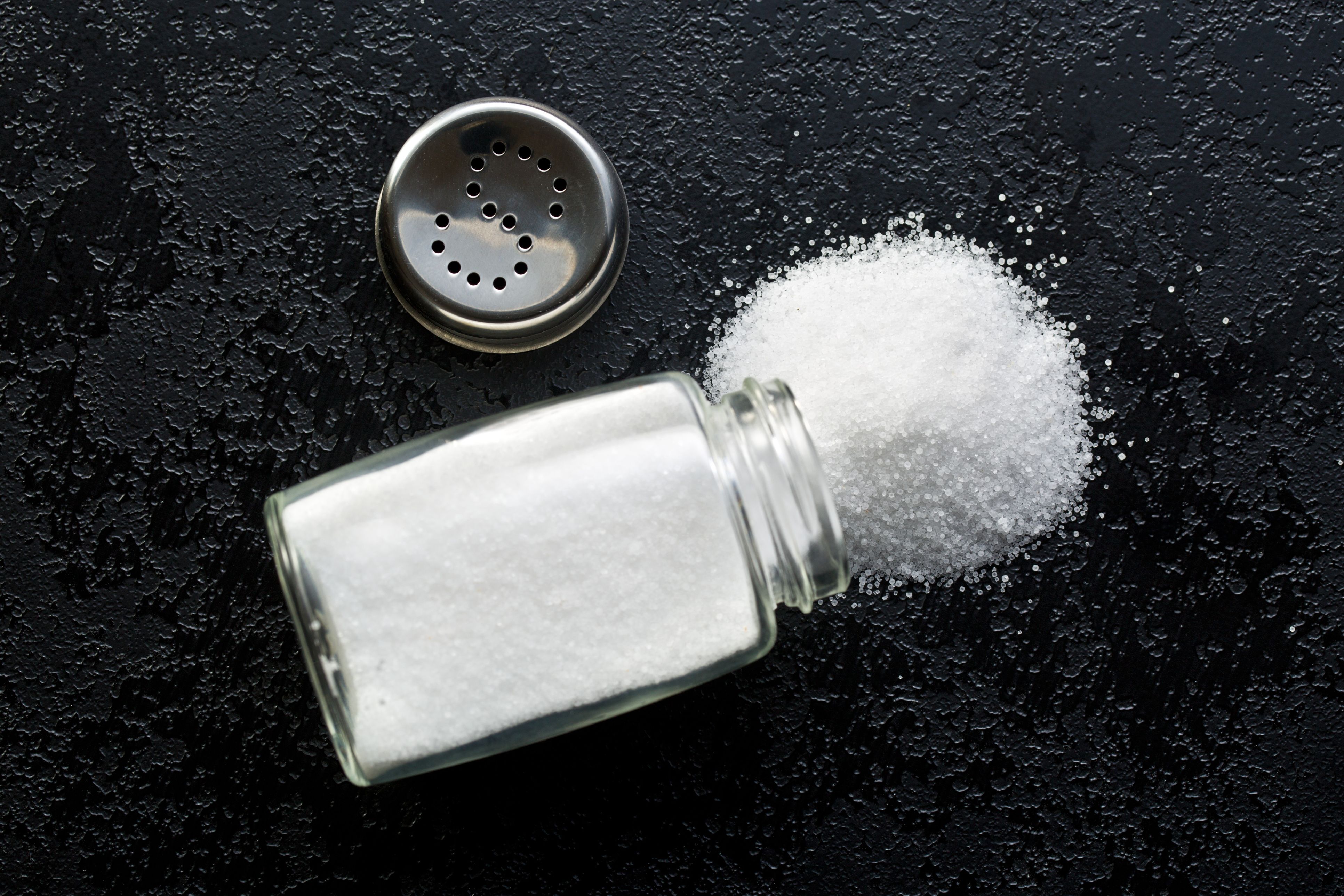 Is Salt Bad For You Daily Sodium Intake
Is Salt Bad For You Daily Sodium Intake
 Is Salt Actually Bad For You Youtube
Is Salt Actually Bad For You Youtube
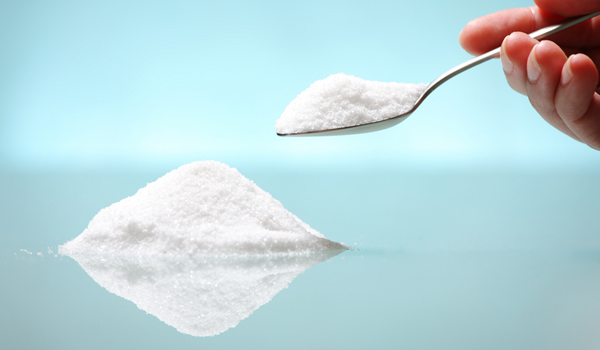 Why Is Too Much Salt Bad For You Live Science
Why Is Too Much Salt Bad For You Live Science
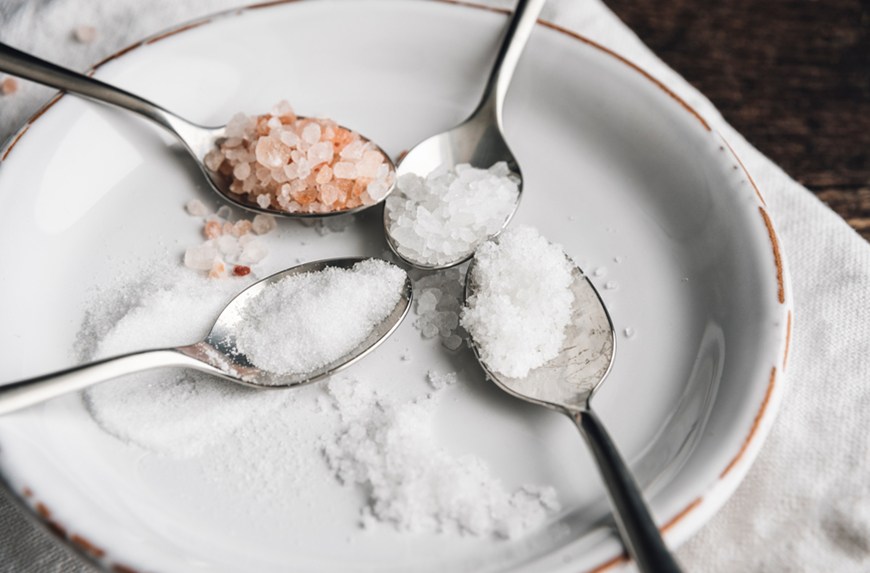

Keine Kommentare:
Kommentar veröffentlichen
Hinweis: Nur ein Mitglied dieses Blogs kann Kommentare posten.